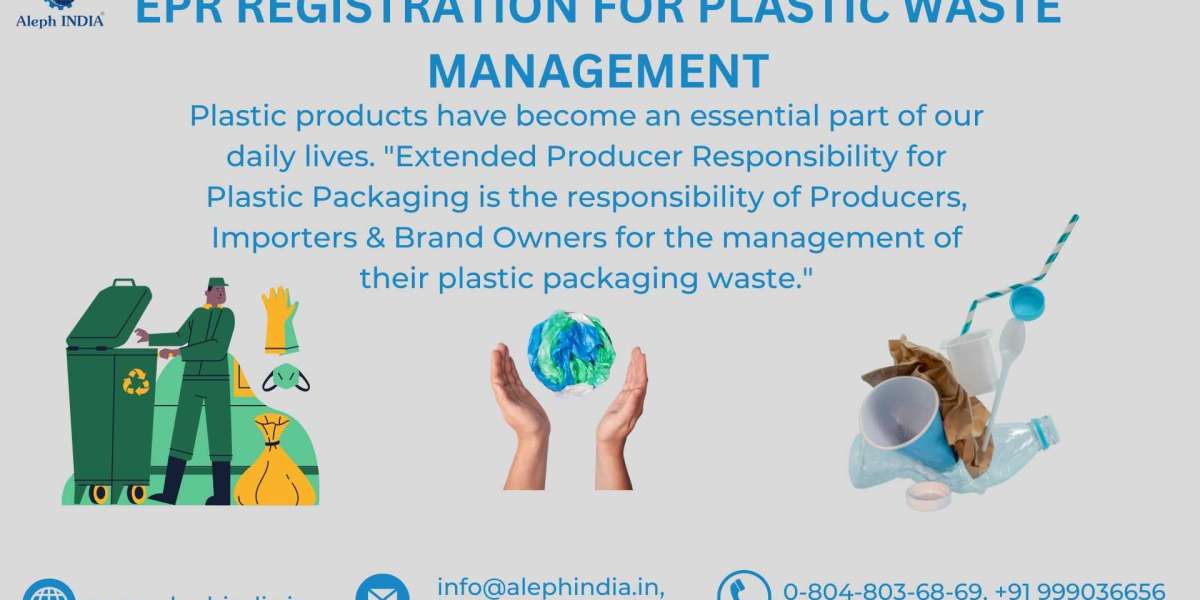Plastic products have become an integral part of our daily lives, produced on a massive scale worldwide. However, the generation of plastic waste has become a significant environmental concern. In India, approximately 5.6 million tonnes of plastic waste is generated annually. While recycling is a commendable approach to reuse plastic products, finding ways to eliminate plastic from the waste stream is crucial. To address this issue, Extended Producer Responsibility (EPR) registration has been implemented to regulate and manage plastic waste effectively. In this blog post, we will delve into the importance of EPR Registration for Plastic Packaging and the categories of plastic packaging covered under it.
The following entities are required to obtain an EPR registration certificate through the centralized EPR portal:
- Producers: Companies engaged in the manufacturing of plastic products.
- Importers: Businesses involved in the importation of plastic products.
- Plastic Waste Processors (PWPs): Entities engaged in various processes such as recycling, waste-to-energy, waste-to-oil, and industrial composting of plastic waste.
Extended Producer Responsibility (EPR) applies to the following categories of plastic packaging:
- Category I: Rigid plastic packaging.
- Category II: Single-layer or multilayer flexible plastic packaging, plastic sheets or covers, carry bags, plastic sachets or pouches.
- Category III: Multi-layered plastic packaging with at least one layer of plastic and at least one layer of material other than plastic.
- Category IV: Plastic sheets or similar materials used for packaging, as well as compostable plastic carry bags.
To complete the EPR registration process, the following documents are generally required for Producers, Importers, Brand Owners, and Plastic Waste Processors
- PAN, GST, CIN (Company Registration details).
- IEC (Import-Export Code) (for importers).
- Aadhar/PAN of the authorized person.
- DIC (District Industries Center) Registration (if the unit is registered with DIC).
- Process flow diagrams (for Producers and PWPs only).
- Consents issued by State Pollution Control Board (SPCB) or Pollution Control Committee (PCC) (if the unit has a production facility).
- Scanned copy of authorized persons’ signatures.
- Covering letter.
- Geo-tagged pictures of the raw material storage area, production area, product dispatch area, and plant machinery (for PWPs only).
- Any additional documents that the unit wishes to provide to supplement the registration application.
Conclusion
EPR registration plays a vital role in effective plastic waste management by ensuring that the responsibility for plastic waste is shared among various stakeholders. By holding producers, importers, brand owners, and plastic waste processors accountable for their products’ life cycle, EPR encourages them to adopt sustainable practices and promote circular economy principles. Through the centralized EPR portal and adherence to the required documentation, entities can contribute to a cleaner and greener future by effectively managing plastic waste.









